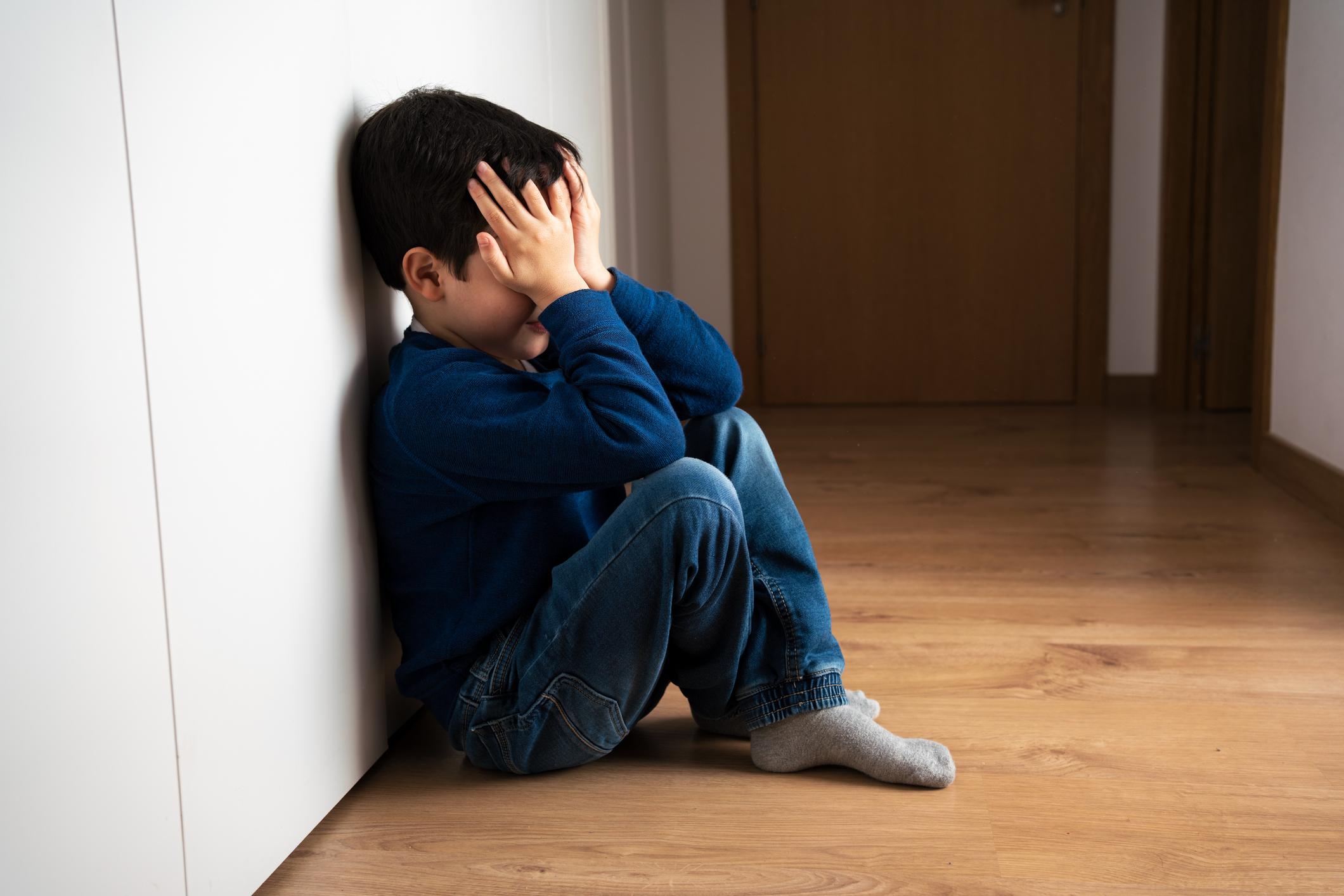Understanding and Overcoming Prolonged Grief Disorder is a natural response to the loss of a loved one, a universal experience of pain and sadness. However, for some people, grief becomes chronic and debilitating suffering.

- Prolonged grief disorder is characterized by intense and persistent grief that interferes with daily life.
- Proper diagnosis and treatment are essential to differentiate this condition from other psychological disorders and to provide appropriate care.
- Personal coping strategies and therapeutic approaches can help overcome this ordeal and regain meaning and balance in life.
This phenomenon, known as prolonged grief disorder, is now recognized as a distinct psychological condition. Prolonged grief disorder, also called persistent complex grief, occurs when a person’s grief reactions do not diminish over time and continue to significantly interfere with their daily life. Unlike normal grief, where feelings of loss and sadness gradually diminish, prolonged grief disorder keeps the person in a state of intense and persistent grief.
Seeking help and practicing self-care are essential steps in overcoming prolonged grief disorder and learning to live again after loss.
Symptoms of prolonged grief disorder are varied and may include:
- Intense and persistent sadness: emotional pain that does not lessen with time.
- Preoccupation with the deceased: frequent and intrusive thoughts about the deceased person, often accompanied by painful memories.
- Intense distress: feelings of emptiness, hopelessness, and inability to accept loss.
- Social isolation: Avoidance of relationships and social activities that remind people of the loss.
- Inability to resume normal life: difficulty finding meaning or purpose in life after the loss.
- Anger or bitterness: feelings of intense anger toward the situation or the deceased person.
Prolonged grief disorder is not just normal grief that lasts longer. It is a clinical condition that requires specialized attention and treatment. An accurate diagnosis helps differentiate prolonged grief disorder from other psychological disorders such as depression or post-traumatic stress disorder (PTSD), and provides appropriate care.
Several factors increase the risk of developing prolonged grief disorder:
- Sudden and unexpected loss: Losing a loved one in traumatic or unexpected circumstances can complicate the grieving process.
- Close relationship with the deceased: The loss of a spouse, child or close relative can intensify grief reactions.
- Lack of social support: Isolation and lack of social support can worsen feelings of grief.
- History of mental health issues: A history of depression, anxiety, or other mental health issues can make it more difficult to cope with grief.
Seeking professional help is crucial to overcome prolonged grief disorder. Here are some commonly used therapeutic approaches:
- Cognitive behavioral therapy (CBT): This form of therapy helps identify and change negative thoughts and behaviors related to grief.
- Interpersonal therapy: Focuses on improving social relationships and strengthening social support.
- Support groups: Participating in grief support groups can provide a space to share experiences and find comfort.
- Medication: In some cases, medication may be prescribed to treat associated symptoms such as anxiety or depression.
In addition to professional treatment, there are strategies individuals can adopt to better manage their grief:
- Self-care: Taking care of yourself physically and emotionally by eating healthy, exercising, and practicing relaxation techniques.
- Expressing emotions: Finding healthy ways to express your emotions, such as writing, art, or music.
- Setting new goals: Setting new goals and projects can help regain meaning and direction in life.
Prolonged grief disorder is a painful reality for many people. Understanding the condition, recognizing its symptoms, and seeking professional help are crucial steps toward finding inner peace.

















